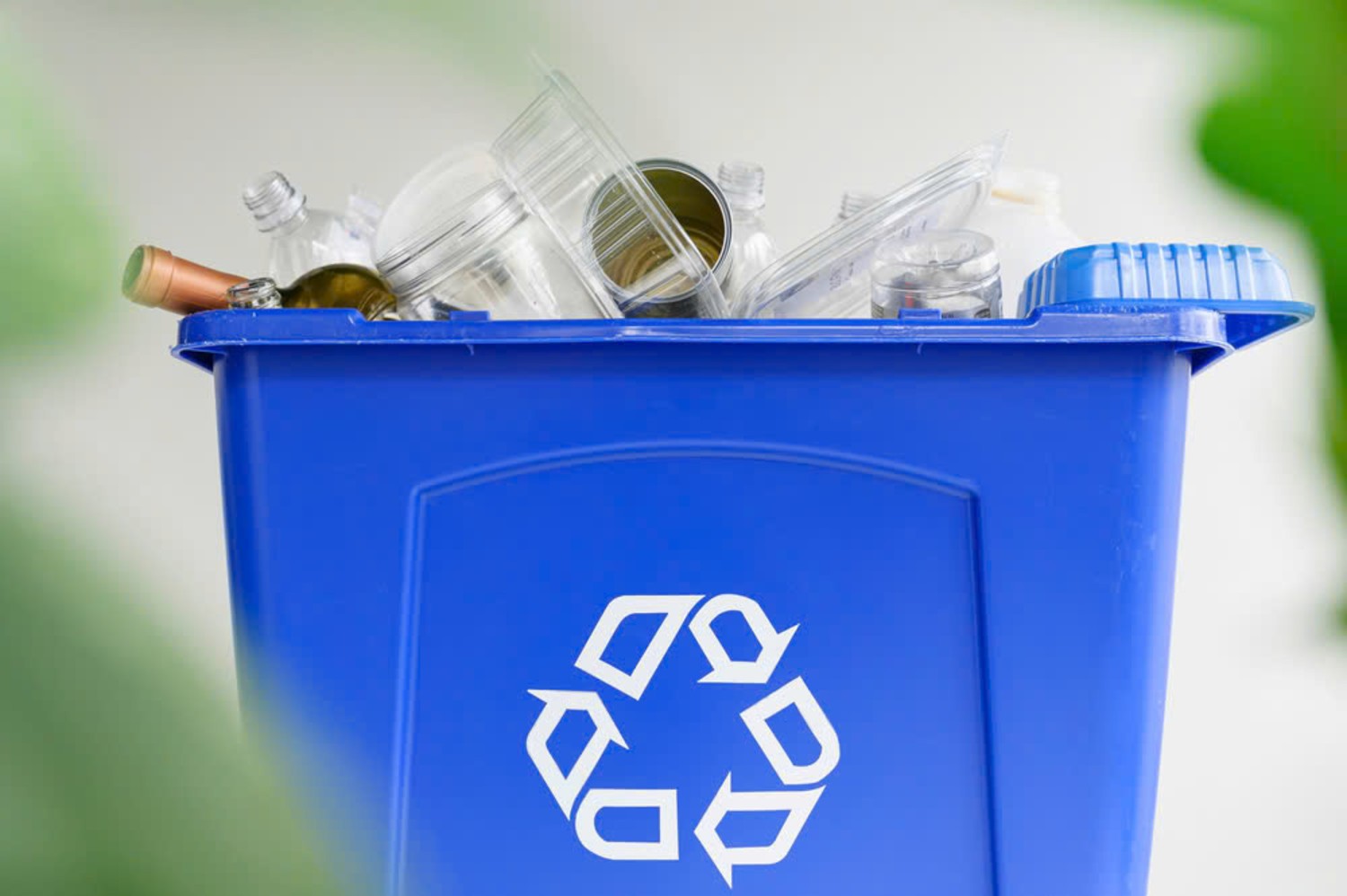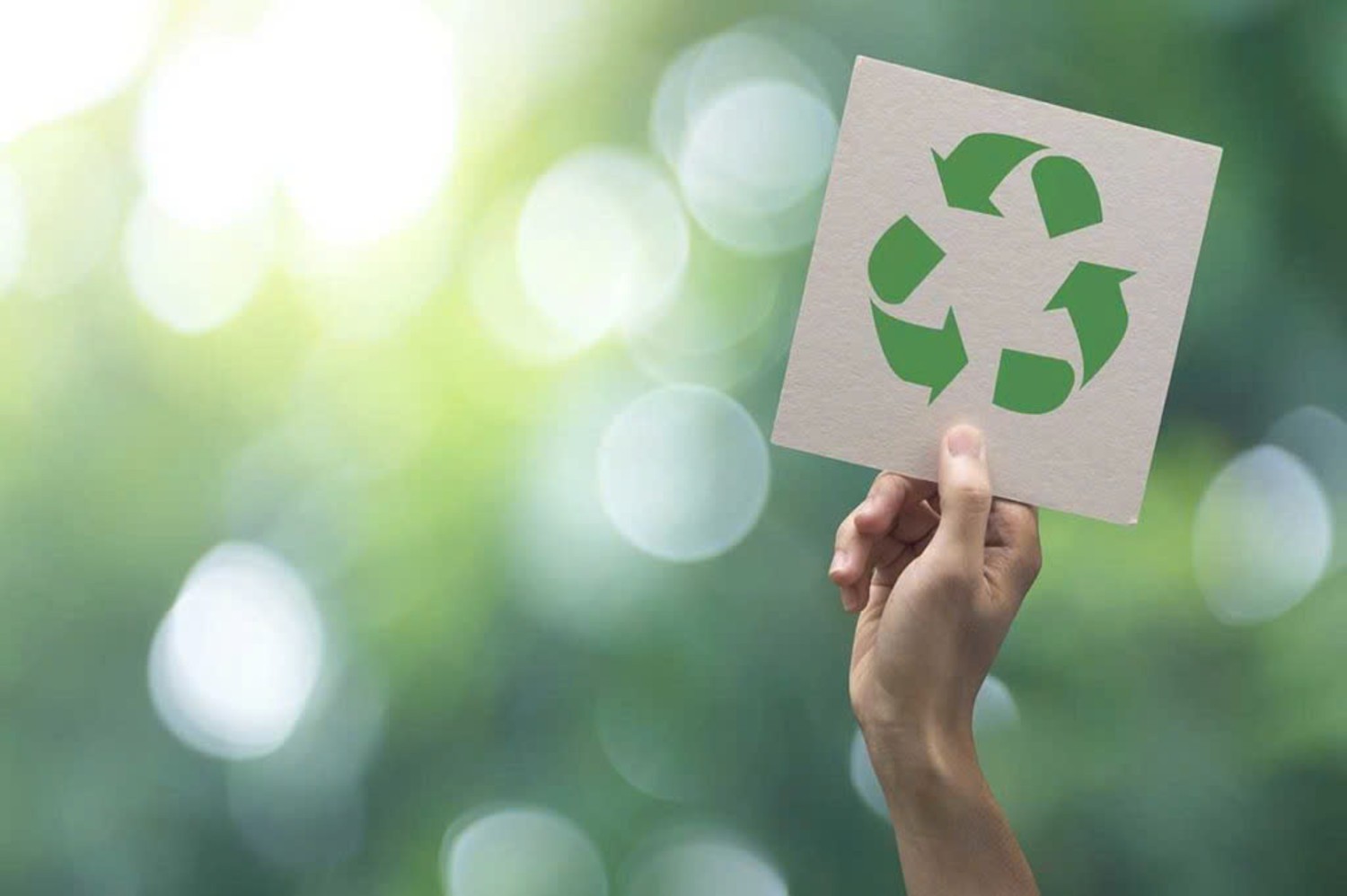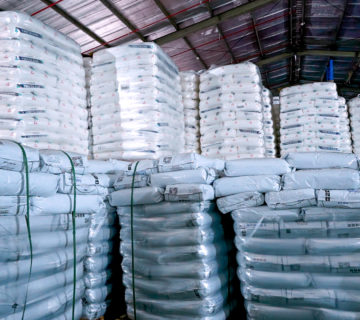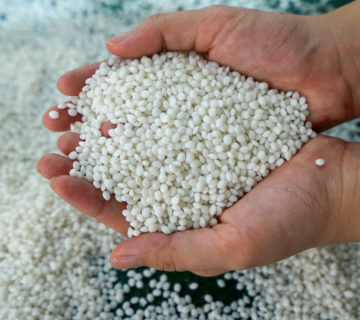THE ROLE OF RECYCLED PLASTICS IN REDUCING ENVIRONMENTAL POLLUTION
Plastics have become an inseparable part of modern life, yet they are also a major culprit behind severe environmental pollution. Amid the mounting waste crisis, recycled plastics are emerging as a sustainable solution—promoting eco-friendly living, protecting the environment, and supporting long-term development.
Every year, the world produces more than 400 million tons of plastics, with millions of tons drifting into oceans and severely damaging marine ecosystems as well as human health. Plastic waste is notoriously difficult to decompose, often persisting for centuries as it accumulates in soil and water, causing profound contamination. Vietnam is among the countries that discharge the most plastic into the ocean, largely from single-use products. This not only harms the environment but also negatively impacts tourism, the economy, and the nation’s global image.
In this context, recycled plastics present a practical solution: alleviating pressure on the environment, reducing the exploitation of natural resources, and minimizing the volume of waste left behind.

Recycled Plastics as a Solution to Environmental Pollution
Recycled Plastics as a Solution to Environmental Pollution
Recycled plastics are post-consumer materials that are collected, cleaned, and reused to manufacture new products. This process delivers significant benefits. First and foremost, it helps greatly reduce the volume of plastic waste destined for landfills or incineration, thereby easing pressure on waste sites and limiting the release of toxic emissions.
Moreover, plastic recycling conserves natural resources, particularly petroleum—the primary raw material for virgin plastic production. Recycling also requires less energy than producing new plastics, which in turn lowers greenhouse gas emissions. When plastic waste is properly collected and recycled, it no longer drifts into the ocean or endangers wildlife, while at the same time contributing to a healthier living environment.

Applying recycled plastics helps minimize plastic waste in the environment
How Recycled Plastics Contribute to Environmental Protection
Reducing Plastic Waste Accumulation
Recycling extends the lifecycle of plastic products by transforming them into new raw materials instead of discarding them as waste. This significantly reduces the volume of non-biodegradable waste requiring treatment.
Conserving Natural Resources
Producing virgin plastics requires petroleum—a finite resource. By lowering the demand for raw materials, recycled plastics help safeguard the environment and preserve resources for future generations.
Cutting Greenhouse Gas Emissions
The production of recycled plastics consumes less energy than manufacturing virgin plastics, thereby reducing CO₂ and other greenhouse gases. This is a crucial step toward a sustainable economy.
Recycled Plastics and the Green Living Trend
In recent years, the green living movement has gained strong momentum worldwide. Using products made from recycled plastics is a clear expression of an eco-friendly lifestyle. Many businesses have innovated with recycled plastics to create shoes, handbags, household items, carpets, furniture, and office supplies.
Notably, these products are not only durable but also aesthetically appealing, fully meeting consumer needs. Several global brands have even pioneered the use of recycled PET bottles to produce shoes, jackets, and fashion accessories. This effort not only helps reduce environmental pollution but also delivers a powerful message of responsible consumption—encouraging communities to embrace a sustainable lifestyle.

Toward a Sustainable Future
Plastic recycling is not merely a short-term fix—it is part of a long-term strategy to build a sustainable society. When combined with other measures such as reducing single-use plastic consumption, adopting alternative materials, and embracing a circular economy model, recycling can significantly mitigate the negative impact of plastic waste.
Every individual can contribute through practical actions: bringing reusable cloth bags when shopping, choosing products made from recycled plastics, sorting waste properly, and limiting the use of single-use plastics. Small changes, when multiplied across communities, create a powerful impact in reducing pollution and protecting the planet for future generations.
Recycled plastics play a vital role in curbing environmental pollution, enabling a greener lifestyle, and moving toward a sustainable future. Each recycled product delivers not only practical value but also a meaningful message of environmental protection. If society collectively raises awareness and takes action, we can truly transform plastics from an “environmental enemy” into a valuable resource that serves life without harming the planet.





